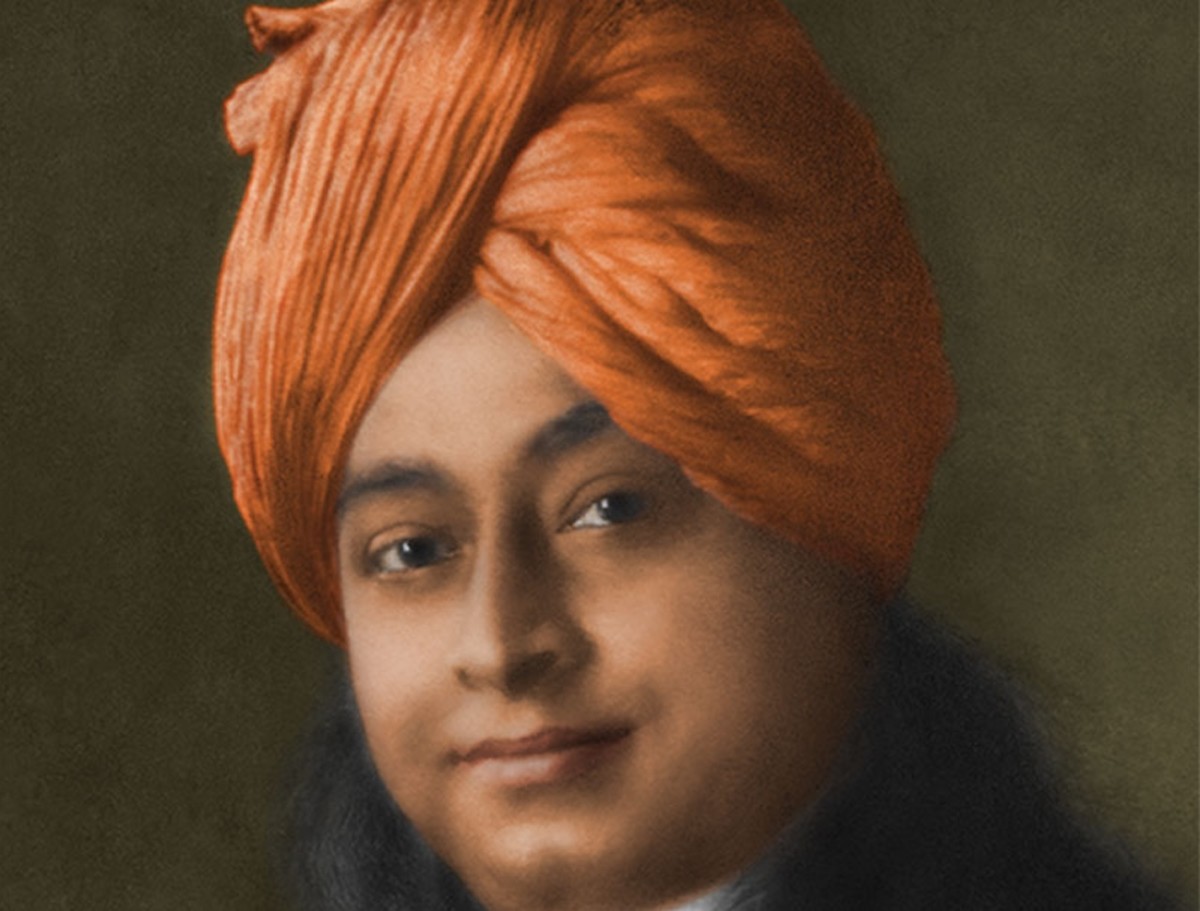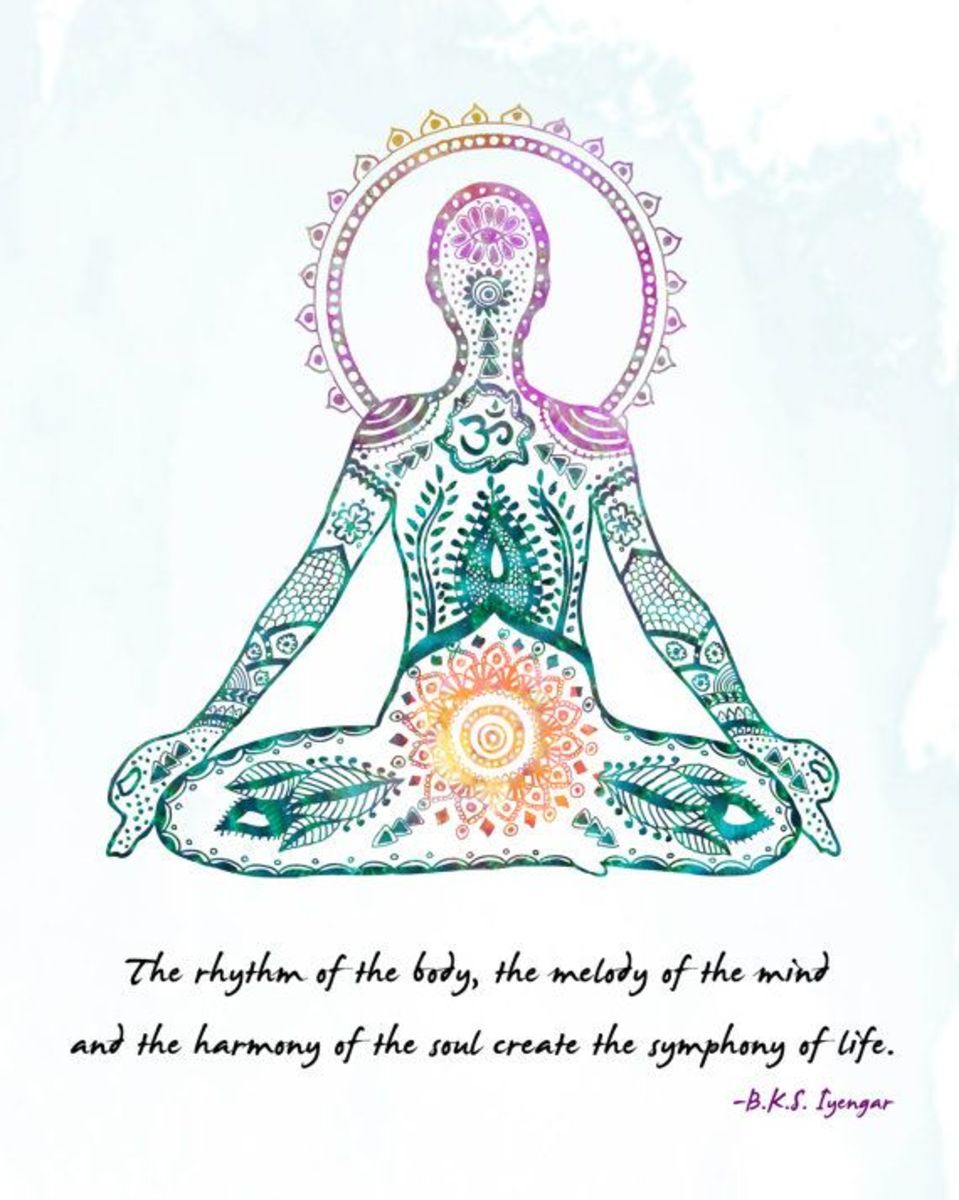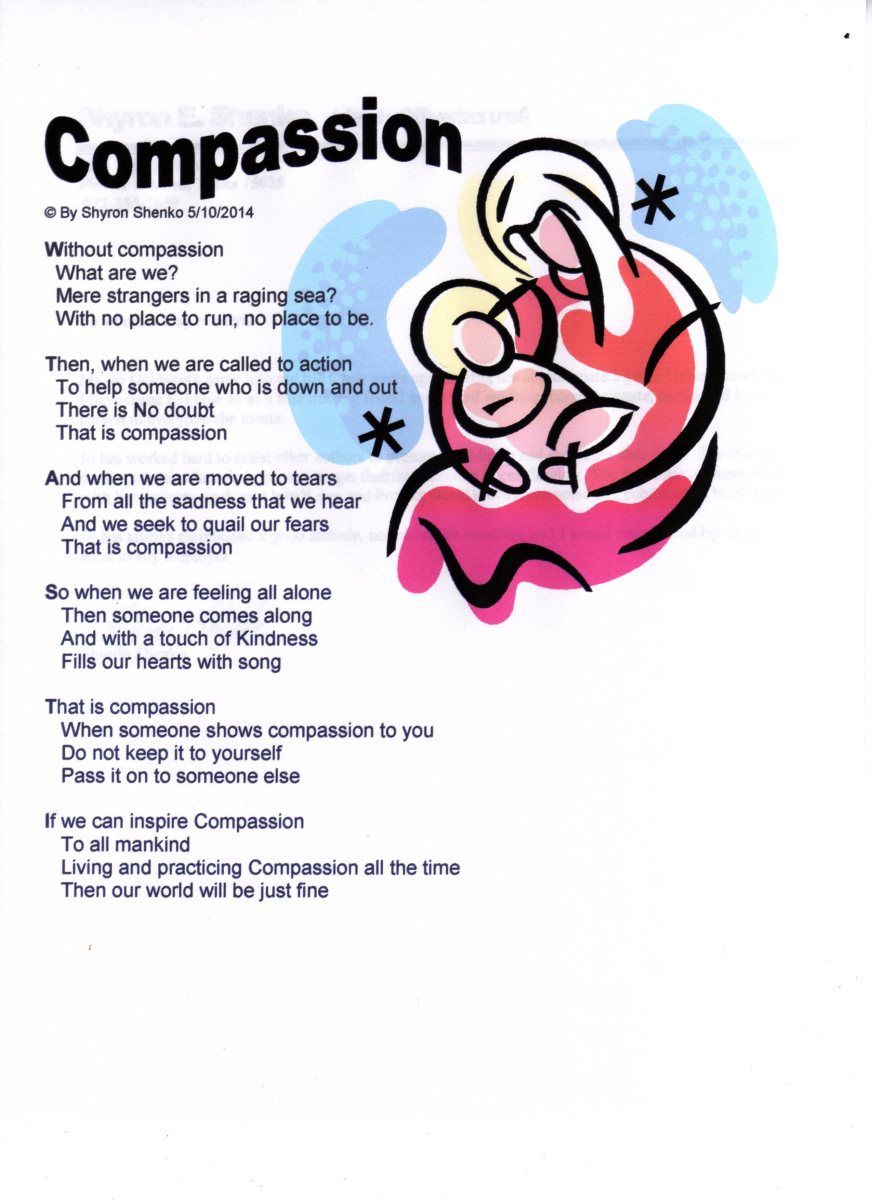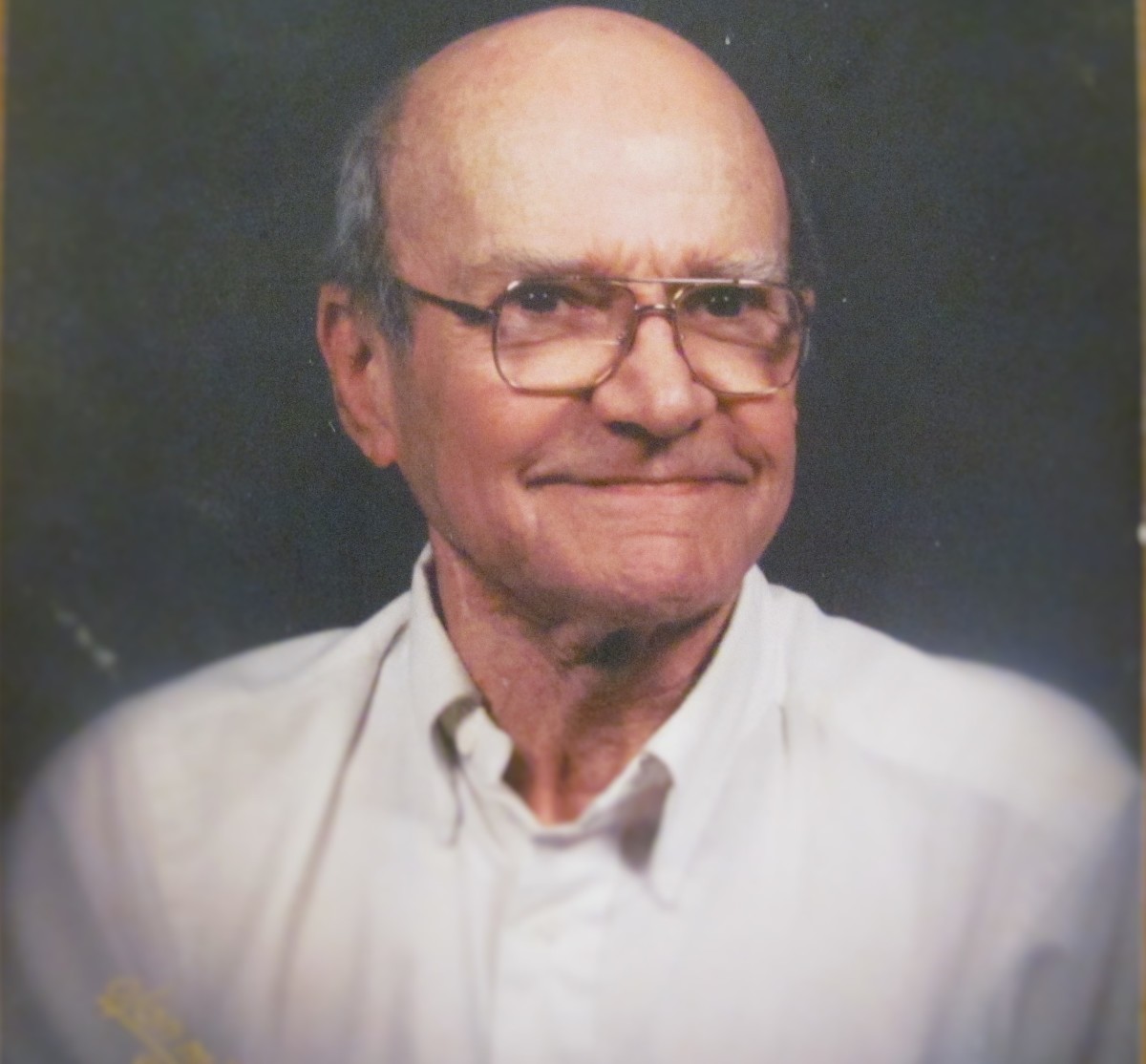Paramahansa Yogananda’s "Mohawk Trail"
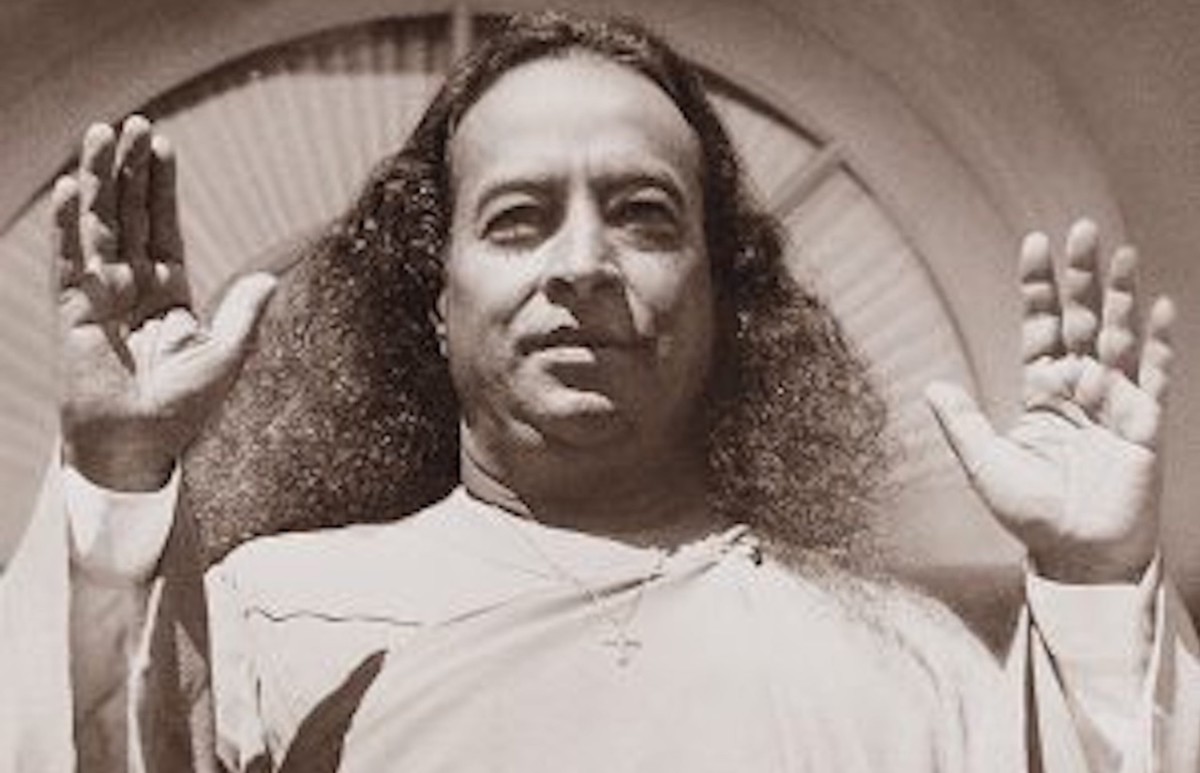
Introduction and Excerpt from "Mohawk Trail"
Paramahansa Yogananda’s "Mohawk Trail" dramatizes an outing that the exalted guru experienced on a drive down the Mohawk Trail to the Massachusetts town of North Adams, named for the great American patriot, Samuel Adams, a signatory of the Declaration of Independence.
The poem features a joy of living that instructs the ordinary, world-worn reader in learning to observe the environment in ways that offer the ability to see with the heart as well as with the mind.
Excerpt from "Mohawk Trail"
Welcomed by a fresh and smiling day
Ushered by trees benign that overlay,
Shading our bodies from the jealous sun;
With wheels of rubber pressing the asphalt road,
And softly humming motor-noise we rode
The Mohawk Trail where Adam lies.* . . .
Footnote accompanying the poem: *North Adams (Massachusetts), a town at the end of the Mohawk Trail. In a play on this name, Paramahansaji alludes indirectly to the beautiful countryside, like the Eden enjoyed by the primal Adam.
(Please note: This poem appears in Paramahansa Yogananda's Songs of the Soul, published by Self-Realization Fellowship, Los Angeles, CA, 1983 and 2014 printings. A slightly different version of my poem commentary appears in my publication titled Commentaries on Paramahansa Yogananda’s Songs of the Soul.)
Commentary on "Mohawk Trail”
Becoming bored by the hustle and bustle of city life can weigh on the nerves of even a God-realized saint, and the non-realized can learn how to enjoy nature even more from that saint’s experience.
First Stanza: A Day Filled with Sunshine
The speaker reports that the day was filled with sunshine which made him feel "welcomed." The day was also "fresh" for this mind that is always blissful. The road they are traveling is tree-lined, and the speaker is grateful that the shade of the trees offers relief from the "jealous sun."
The speaker then refers to the car’s tires "pressing asphalt road." The light swishing of the tires on the road combine with a "softly humming motor-noise," completing the immediate environment in which the speaker luxuriates.
The speaker alludes to "Adam" of the Garden of Eden as he plays on the name of the town. The setting is so beautiful that it reminds the speaker of the mythical, paradisiacal garden.
Second Stanza: Refreshing the Mind in Nature
The speaker compares this ride to other "joyful rides" that had remained, nonetheless, unremarkable, and caused the senses to become "dulled" with "sameness." During this ride, his mind is alert, "full and bright and good."
In his great anticipation, the speaker experiences "a strange unknown, unthought, new thrill" that seemed to sweep through his body and mind. He has the ability to recognize every small change of his body and his consciousness.
The speaker finds himself racing with the wind, and his happiness motivates him to smile abundantly and offer those smiles to everyone: he "scattered smiles / That played with sunshine, spread for miles."
The speaker’s experience of this new, lush landscape conjoins the perfect sun and shade and the soft sounds—all unite to create nearly blissful earthly experience.
Third Stanza: Re-invigorating Body, Mind, and Soul
The great guru reveals that the joy of his soul is fully active. He "extravagantly" spends some of that joy-currency to "purchase Nature’s e’re new gaudy scenes."
Compared to the joy of the soul, the joys of earth are always somewhat trivial, but they can nevertheless be enjoyed and appreciated even by the most advanced yogi.
The speaker is observing the moving loveliness of the landscape as it is "shown by hasty, racing peddler windshield screen." He metaphorically compares the car’s windshield to a peddler who is selling his wares—in this case, offering the observer all the beautiful scenes, past which the car travels.
The great yogi/speaker reveals that even one highly advanced in yogic awareness can feel "too long hemmed in city’s narrow walls." On this particular outing, his "spirit" feels "once more . . . free," and "all nature sent a joyous call."
The speaker's body, mind, and soul are invigorated by "waving leaves of trees, the babbling rill, / Impatient wind, the smiling sky, and patient hill." The contrasting scenes and natural objects have united to provide the yogi with a nearly blissful earthly experience.

Related Paramahansa Yogananda Information
- Life Sketch of Paramahansa Yogananda: Father of Yoga in the West Paramahansa Yogananda is the monastic name of Mukunda Lal Ghosh. The sources for this brief life sketch of Paramahansa Yogananda are his Autobiography of a Yogi and the official Self-Realization Fellowship website.
Commentaries on Paramahansa Yogananda Poems
- Paramahansa Yogananda’s "Consecration" In the poem titled "Consecration," which opens Paramahansa Yogananda’s collection of spiritual poetry "Songs of the Soul," the speaker humbly consecrates his works to the Divine Creator. He also lovingly dedicates the collection to his earthly father.
- Paramahansa Yogananda's "The Garden of the New Year" In "The Garden of the New Year," the speaker celebrates the prospect of looking forward with enthusiastic preparation to live "life ideally!"
- Paramahansa Yogananda's "My Soul Is Marching On" This inspirational poem,"My Soul Is Marching On," offers a refrain which devotees can chant and feel uplifted in times of lagging interest or the dreaded spiritual dryness.
- Paramahansa Yogananda’s "When Will He Come?" How to stay motivated in pursuing the spiritual path remains a challenge. This poem, "When Will He Come?," dramatizes the key to meeting this spiritual challenge.
- Paramahansa Yogananda’s "Vanishing Bubbles" Worldly things are like bubbles in the sea; they mysteriously appear, prance around for a brief moment, and then are gone. This speaker dramatizes the bubbles’ brief sojourn but also reveals the solution for the minds and hearts left grieving for those natural phenomena that have vanished like those bubbles.
The Voice of Paramahansa Yogananda

This content is accurate and true to the best of the author’s knowledge and is not meant to substitute for formal and individualized advice from a qualified professional.
© 2025 Linda Sue Grimes


